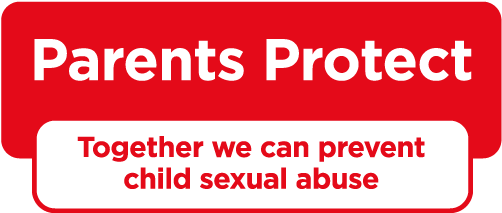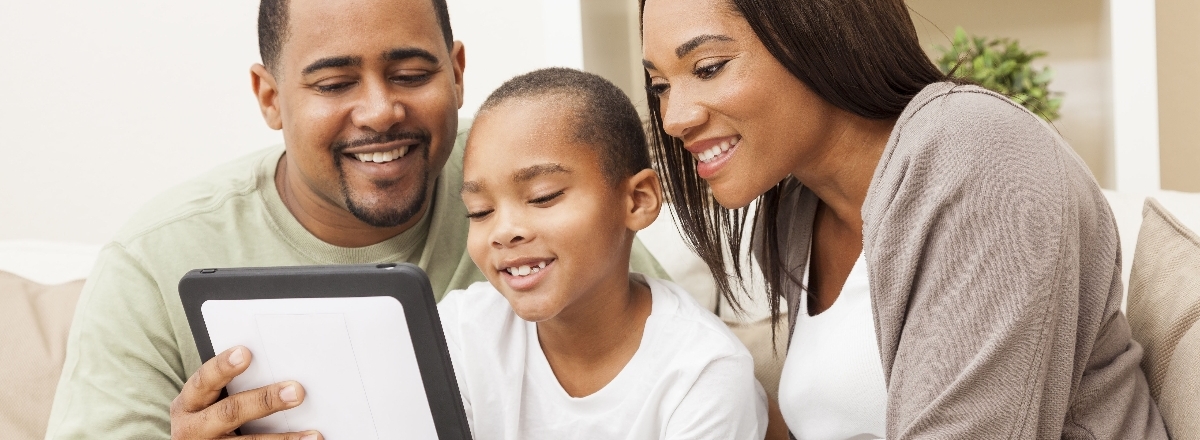For most of us, it is hard to understand who would sexually abuse a child and cause such harm to both the child and the family.
Recently, there has been a growing understanding that people who have sexually abused a child are more likely to be people that we know, care about and trust and it is vital that we appreciate this in order to be better protect children both on and offline. It is important to look out for the warning signs in both adults and children so that you know how best to respond to, prevent and protect against child sexual abuse.
This short film will take you through who abuses children and what to look out for to help to keep children safe.
WHO ABUSES CHILDREN?
For most of us, it is difficult to understand why anyone would sexually abuse a child and cause such harm. As parents, grandparents and carers, our instincts are to nurture and protect our children.
So, whilst many people feel they’ve already heard enough about abuse - with horrific stories in the press about children being abused by strangers - it is vital that we face reality if we are wanting to keep our children safe.
And the reality is that most children who have been abused were abused by someone they know; someone they trust; someone they love.
People who abuse children can be rich or poor, male or female, married or single. They can be parents, grandparents, family friends or even other young people.
People who abuse a child come from all backgrounds, ethnicities, communities and walks of life. The person may abuse their own children, children within their larger family, the children of friends and neighbours, or children they meet through their jobs or volunteer work.
People who abuse children are skilled at building trust, and abuse might take place for years without anyone knowing about it. Many are bright and friendly, and don’t fit with the ‘monster’ stereotype portrayed in the press. They’re not easy to spot - because they’re ordinary.
And because children rarely tell about abuse, it’s important that adults know the danger signs and how to respond. More than that, it’s vital that we work out how to prevent this harm from happening in the first place.
WANT TO KNOW MORE?
If you want to know more how to prevent child sexual abuse, you can watch the rest of our short films.
If you're worried about how an adult or young person you know behaves around children, you can get confidential support from the Stop It Now! helpline: 0808 1000 900. If you’re not ready to speak to someone yet, you can use our live chat or send a secure message.

